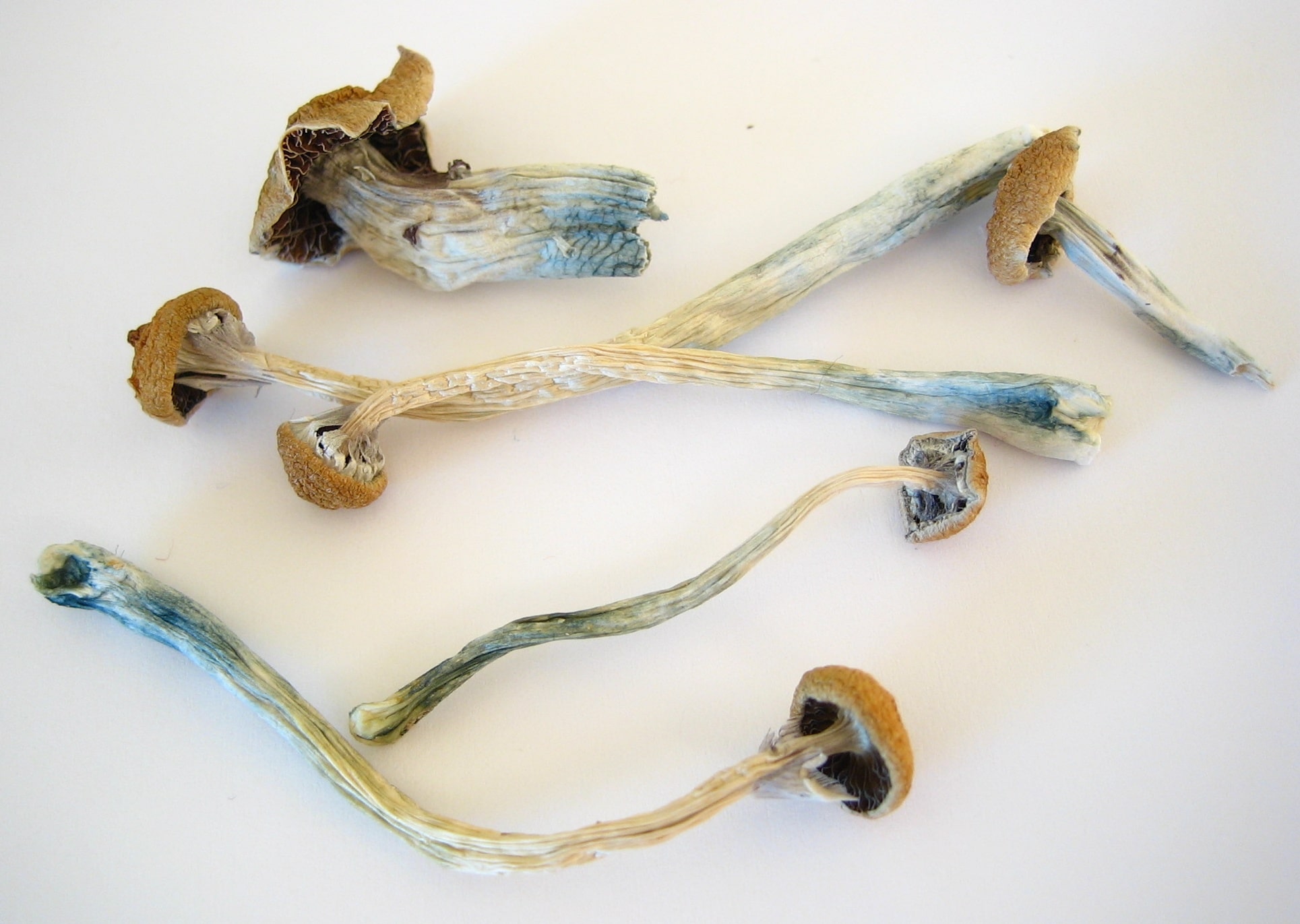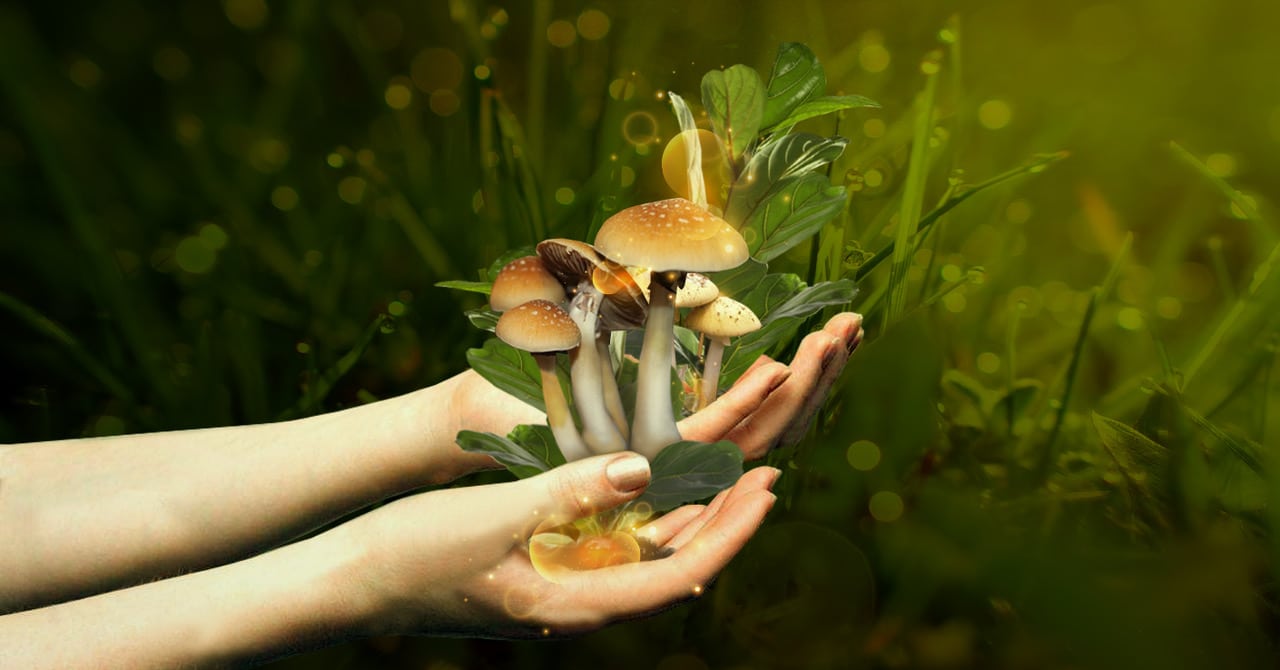- Can Psilocybin Make People Feel More Empathy to Nature? - August 23, 2018
Introduction: The Problem We Are Facing in Today’s World
How can we reconnect humanity—mentally, emotionally, and spiritually—to the presently undergoing global ecocide (the destruction, or killing, of the natural ecosystem)? As a medical doctor and resident psychiatrist whose main interest is in ecopsychology (to be defined later), the state of mind I think is most urgent, and important to address, on a macro-scale, is the human race’s alienation from, and destruction of, the natural environment—which will eventually destabilize our health and threaten our ability to build a peaceful, prosperous future. Numerous ecological studies over the past several decades have demonstrated that the pace and direction of climate change, natural resource extraction and consumption, and ecological degradation have been increasing unsustainably in the most recent era of human existence (the Anthropocene).1 Furthermore, science and medicine now better understand how the environment—and factors like pollution, access to quality food, water, and air, and access to natural landscapes—affect the physical and mental health of human beings, as well as other non-human species. In fact, those who ponder these issues are becoming more attuned to what ancient populations who lived in closer harmony with nature and the planet have perhaps known more intuitively: that planetary health and species’ health are inextricably linked.
In these times, we are facing unprecedented human activity, growing demands being placed on natural ecology by an increasing global human population, and the concurrent development of economies worldwide, coupled with increased production and consumption of goods and services. We must humbly and respectfully remember that energy for all services and raw materials for all goods comes from the Earth; that it is nature that provides us with all the necessary substrates that help us power our human enterprise.

Ecopsychology
As human beings become more urbanized and increasingly disconnected from nature and natural resources, some outspoken leaders have expressed concern that people will feel less connection, empathy, and union with nature.2 Over the past century, there have been efforts made in the fields of organized Western science to formalize and assign a nomenclature to the concepts I will explore in this article. There are several related fields, including ecopsychology, ecopsychiatry, transpersonal ecology, deep ecology, ecosophy, and psychoecology. As there is some degree of conceptual overlap in all these disciplines, for simplicity, I will use the term “ecopsychology” in this article going forward.
According to Dr. Ginny Anderson, a Stanford-trained psychologist, ecopsychology studies the relationship between human beings and the natural world through ecological and psychological principles. The field seeks to develop and understand ways of expanding the emotional connection between individuals and the natural world, thereby assisting individuals with developing sustainable lifestyles and remedying alienation from nature.3
Dr. Theodore Roszak, the author, Princeton-trained historian and former Stanford professor, is credited with coining the term “ecopsychology.” According to Roszak, a central premise of ecopsychology is that, while today the human mind is affected and shaped by the modern social world, its deep structure is inevitably adapted to, and informed by, the more-than-human natural environment in which it evolved.4 According to the biophilia hypothesis brought forth by biologist E. O. Wilson (Emeritus Research Professor at Harvard University), human beings have an innate instinct to connect emotionally with nature and other forms of life.5
Diagnostic Nosology: Going from Ecopsychology to Esopsychiatry
In the Diagnostic and Statistical Manual (DSM), published by the American Psychiatric Association, there are diagnoses, such as “anti-social personality disorder,” that prioritize social interactions that are not harmful to other individuals; essentially, assigning value to harmonious relations between human members of society, so that people, their property, and their rights and values are held at a premium. If an individual were to violate these rights, values, and property of other individuals, it is socially-sanctioned and upheld that this individual is in some way hampered or deranged, and a psychiatrist may determine this and diagnose him or her with “anti-social personality disorder.”
In a sense, psychiatric diagnoses are embedded in the values and beliefs of the social construct at any given time. In fact, the concept of private ownership of property is a late modern economic and political phenomenon created by Western societies, contrasted with the more ancient, indigenous cultures’ approach to living using communally shared resources.
We are now at a time in Earth’s history where the conservation of our shared, collective, natural resources and ecology, and the massive negative impact human beings are having on our planet in the form of natural resource extraction, air and water pollution, land development, unsustainable agriculture, species extinction and climate change, supersede in importance all other concerns on a macro level, out of consideration for the long-term habitability of our planet and the health of human beings.6 Therefore, in the context of the ideals, values, and constructs of the time we are presently living in, it would be useful to frame the imminent threat to our planet’s natural ecology and to humankind,7 radically, as something along the lines of an “anti-nature personality disorder,” medically sanctioning judgment on individual or group behavior that pathologically threatens the fundamental rights of other humans and other species to a clean, healthy, sustainable environment.
Psilocybin: A Potential Solution, Enhancing Ecopsychology and Nature Relatedness
In the most recent several decades, organized Western scientific research has studied how the use of psychedelic substances, including psilocybin (the main psychoactive compound in “magic mushrooms”), can potentiate transpersonal, egolytic, mystical experiences that heighten ecopsychology, nature relatedness, and mindfulness towards nature.
The spring 2009 issue of The Multidisciplinary Association of Psychedelic Studies (MAPS) Bulletin discusses how chemist Dr. Albert Hoffmann, the synthesizer of psilocybin and LSD, spoke about the connection between psychedelic substances and ecology to psychiatrist Dr. Stanislav Grof, his friend and colleague. Hoffman said, “Through my [LSD] experience and my new picture of reality, I became aware of the wonder of creation, the magnificence of nature and of the animal and plant kingdom.” According to Hoffman’s New York Times obituary, “Dr. Hoffmann became an impassioned advocate for the environment and argued that LSD … could be used to awaken a deeper awareness of mankind’s place in nature and help curb society’s ultimately self- destructive degradation of the natural world”.8
The MAPS Bulletin writes that the link between psychedelics and ecology comes primarily from the long-term changes in attitudes and behaviors flowing from these mystical experiences. “The essence of the mystical experience is a sense of … forging a deeply-felt and unforgettable common bond between humans, other life forms, nature and matter. This common bond can generate respect and appreciation for the environment, for caretaking and wonder”.9
A scientific journal article published in 2017, “Lifetime Experience With (Classic) Psychedelics Predicts Pro-Environmental Behavior Through an Increase in Nature Relatedness”,10 investigated the relationship between past experience with classic psychedelic substances (e.g., psilocybin), and nature relatedness (e.g., feelings of closeness to the natural world), environmental concern (e.g., altruistic), and sustainability (e.g., transportation and recycling activism and purchasing patterns). The study found that experience with classic psychedelics uniquely predicted self-reported engagement in pro-environmental behaviors, and that this relationship was statistically explained by people’s degree of self-identification with nature. The paper concluded that, although the results were correlational in nature, lifetime experience with psychedelics may indeed contribute to pro-environmental behavior “by changing [people’s] self-construal in terms of an incorporation of the natural world, regardless of core personality traits or general propensity to consume mind-altering substances” (p. 1).
Taking a step further from correlation to an experimentally-designed trial testing causation, a paper published in 2018, titled “Increased Nature Relatedness and Decreased Authoritarian Political Views After Psilocybin for Treatment-Resistant Depression”,11 indicated that nature relatedness increased significantly in the study subjects one week after psilocybin-dosing sessions. At a 7–12 months post-dosing follow-up, nature relatedness remained significantly increased. No significant changes in nature relatedness were found for the non-treated, healthy control subjects. Nature relatedness was assessed using the validated Nature Relatedness Scale. The paper concluded that “this pilot study suggests that psilocybin with psychological support might produce lasting changes in attitudes and beliefs in domains such as nature relatedness, and … the possibility of drug-induced changes in belief systems seems sufficiently intriguing and timely to deserve further investigation” (p. 811).
Concluding Remarks and Future Directions
Psychiatry is the field that deals most directly with drugs and medications and their effects on mental and behavioral operations. As a resident psychiatrist with an appreciation for the value of the discipline of ecopsychology and its highly important, profound, and relevant practical applications, I get excited about the research on how certain experiences, for example with psilocybin, can change people’s mental outlook towards nature and the environment and lead them to behaviors that are more empathic towards nature. I think the exploration of such methods to induce this psychological and behavioral shift is of vital importance to the long-term survivability of our planet home.
Psilocybin currently remains in the most restrictive category, Schedule I, of the Controlled Substances Act, the basis for United States drug law. However, with ongoing human clinical trials by academic medical centers spread across the country, psilocybin may be less restricted in the future, and so may become available by medical prescription. A scientific journal article published in spring 2018, titled “The Abuse Potential of Medical Psilocybin According to the 8 Factors of The Controlled Substances Act”12 concluded that, “the findings do not support placement [of psilocybin] more restrictively than Schedule IV [if a psilocybin-containing medicine is FDA approved]” and “the original placement of psilocybin was the result of a substantial overestimation of the risk of harm and abuse potential” (p. 19). When the risks and benefits of psilocybin, evaluated through research evidence, are weighed, and if a determination is made that the potential benefit outweighs the potential risk in the majority of cases, then it could be logically argued that it is an acceptable intervention and, if proven to be effective in yielding desirable outcomes (e.g., enhancing ecopsychology, nature relatedness and empathy to nature), then it can—and perhaps, by moral imperative, should—be encouraged.
I believe that, despite medicine’s tendency towards a conservative paradigm, psilocybin will eventually get governmental re-scheduling for use a prescription medication—likely within the next 10 years—and its official indications will initially be conventional psychiatric illnesses like depression, anxiety, and perhaps addiction. Through this article and my future work as an advocate for environmentalism and ecopsychology as a physician, I’m trying to take it beyond that, so that, in the future, eco-psychiatrists may potentially consider psilocybin for off-label use as a treatment for “anti-nature” pathology. The idea of anti-nature mental and behavioral pathology is a relatively novel concept as far as I’m aware, and it is preliminary in its theoretical and conceptual development; so, part of my intention with this article is to see how people feel about it and respond, and to further call on the fields of medicine and psychiatry to radically embrace the imminent threat to planetary health posed by people and organizations that routinely and repeatedly abuse nature and the environment.
I believe that one of the principal roles of government and of legal and political forces should be to act as a steward of our collective natural ecological resources. Broader, societal and structural changes, such as, environmental science education, carbon tax, subsidies for renewable and less carbon and greenhouse-gas-emitting energy sources, greater support for research and development into technologies for more sustainable agriculture and for atmospheric carbon sequestration and clean water preservation, policies that promote wilderness habitat conservation and cleanup, and a decrease in the production and consumption of plastics and toxic single-use goods, are necessary steps that need to be implemented worldwide. I believe that the individual psychological shift to ecopsychology and pro-environmentalism that can be potentiated by psilocybin, administered in sanctioned and controlled settings, in addition to all the above, is the way to move humanity and the world towards an ecologically sustainable, stable, prosperous, harmonious, and ecoconscious future.
References
- Climate change evidence: How do we know? (2018). Retrieved from https://climate.nasa.gov/evidence/ ↩
- Metzner, R. (1999). Green psychology: Transforming our relationship to the Earth. Rochester, VT: Park Street. ↩
- Anderson, G. (n.d.). Ecopsychology. Retrieved from http://www.eco-psychology.com/pages/home.asp ↩
- Roszak, T. (2001). The voice of the Earth: An exploration of ecopsychology. Grand Rapids, MI: Phanes. ↩
- Wilson, E. O. (1984). Biophilia. Cambridge, MA: Harvard University Press. ↩
- American Medical Association Report 3 of the Council on Science and Public Health (I-08), Global Climate Change and Human Health. (2008). Retrieved from https://www.ama-assn.org/sites/default/files/media-browser/public/about-ama/councils/Council Reports/council-on-science-public-health/i08-csaph-climate-change-health.pdf ↩
- Environmental Health. (2018). Retrieved from https://www.healthypeople.gov/2020/topics-objectives/topic/environmental-health ↩
- Brown, D. J. (2009). From the editor. Multidisciplinary Association of Psychedelic Studies (MAPS) Bulletin, Special Edition: Psychedelics and Ecology,19(1), 3–9. ↩
- Brown, D. J. (2009). From the editor. Multidisciplinary Association of Psychedelic Studies (MAPS) Bulletin, Special Edition: Psychedelics and Ecology,19(1), 3–9. ↩
- Forstmann, M., & Sagioglou, C. (2017). Lifetime experience with (classic) psychedelics predicts pro-environmental behavior through an increase in nature relatedness. Journal of Psychopharmacology, 31(8), 975–988. doi:10.1177/0269881117714049 ↩
- Lyons, T., & Carhart-Harris, R. L. (2018). Increased nature relatedness and decreased authoritarian political views after psilocybin for treatment-resistant depression. Journal of Psychopharmacology, 32(7), 811–819. doi:10.1177/0269881117748902 ↩
- Johnson, M. W., Griffiths, R. R., Hendricks, P. S., & Henningfield, J. E. (2018 (Epub ahead of print June 5)). The abuse potential of medical psilocybin according to the 8 factors of the Controlled Substances Act. Neuropharmacology. doi:10.1016/j.neuropharm.2018.05.012 ↩
Take a minute to browse our stock:
Did you enjoy reading this article?
Please support Chacruna's work by donating to us. We are an independent organization and we offer free education and advocacy for psychedelic plant medicines. We are a team of dedicated volunteers!
Can you help Chacruna advance cultural understanding around these substances?
















